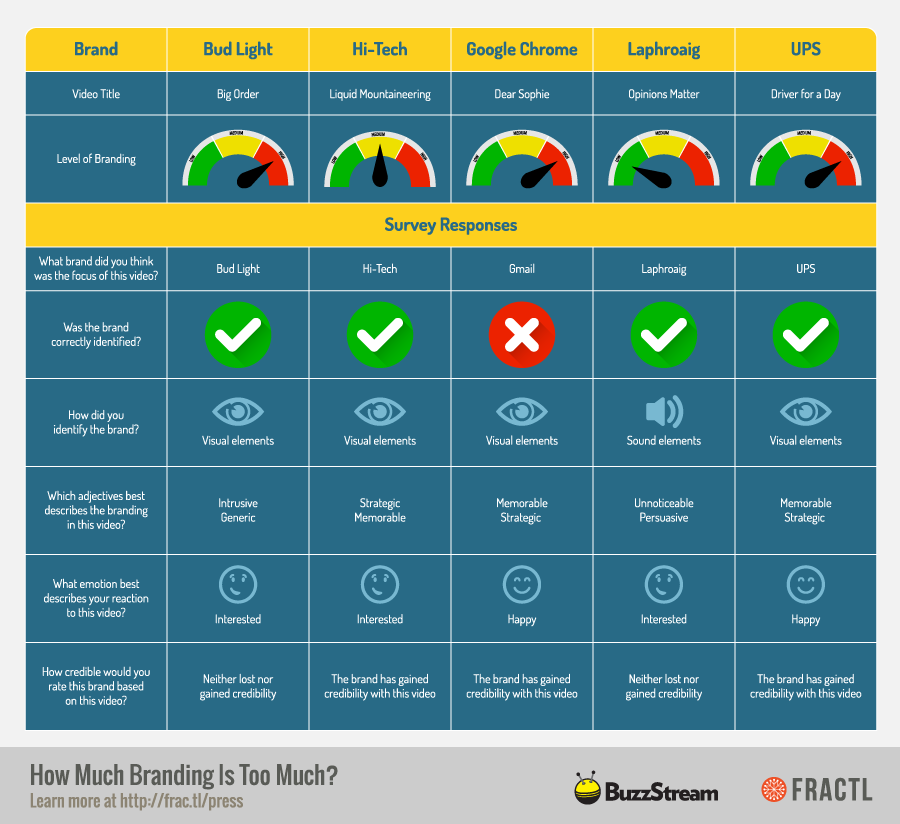Email Marketing Services and Marketing Automation - Square


Marketing Definition

5 Digital Marketing Strategy Examples
The What is Marketing, and What's Its Purpose? - HubSpot Blog Diaries
Consumer to customer marketing or C2C marketing represents a market environment where one customer purchases items from another client using a third-party company or platform to help with the deal. C2C companies are a new type of design that has emerged with e-commerce technology and the sharing economy. The different goals of B2B and B2C marketing cause differences in the B2B and B2C markets. The main differences in these markets are need, acquiring volume, variety of consumers, consumer concentration, distribution, purchasing nature, buying impacts, negotiations, reciprocity, leasing and promotional techniques. Need: B2B demand is derived since organizations buy items based upon just how much need there is for the last consumer product.
B2C need is mostly due to the fact that customers purchase items based on their own wants and needs. Acquiring volume: Businesses purchase products in large volumes to distribute to customers. Did you see this? buy items in smaller volumes appropriate for personal usage. Variety of clients: There are relatively less companies to market to than direct consumers. Consumer concentration: Services that concentrate on a specific market tend to be geographically focused while consumers that buy products from these services are not focused. Distribution: B2B products pass straight from the producer of the product to the organization while B2C items should furthermore go through a wholesaler or retailer.
7 Useful Marketing Skills (That I Used to Thrive in My Career) Things To Know Before You Get This

Buying influences: B2B buying is influenced by numerous people in different departments such as quality control, accounting, and logistics while B2C marketing is just influenced by the individual making the purchase and perhaps a couple of others. Negotiations: In B2B marketing, negotiating for lower prices or added advantages is typically accepted while in B2C marketing (especially in Western cultures) costs are fixed. Reciprocity: Businesses tend to purchase from businesses they offer to. For instance, a business that offers printer ink is most likely to buy office chairs from a supplier that buys business's printer ink. In B2C marketing, this does not happen due to the fact that consumers are not also selling products.
